
Jay Earley & Bonnie Weiss – All Demo Bundle of Demonstration IFS Sessions
Description:
[23 MP3s]
This is a bundle of all the Demonstration IFS Sessions.
Internal Family Systems Therapy (IFS) is the signature work of pioneering psychologist Richard Schwartz, Ph.D. If you are new to IFS, these demo sessions can help you learn what happens in an IFS session. If you are more experienced, you can study particular types of IFS sessions to enhance your skills with the IFS Model and learn how to apply it more effectively. These sessions are intended for people who are working on themselves using IFS. They are not geared toward professional training for therapists.
We have recorded a variety of different types of IFS sessions. Some are short segments of sessions that illustrate specific steps in the IFS process. Others are full sessions that go all the way to unburdening. Still others are full sessions that don’t necessarily go through all steps of the process. Each session is described in enough detail that you can decide if you want to purchase it. You can buy individual session downloads or you can purchase them in groups at a discount.
Each download includes a short introduction to the session and a more detailed discussion afterward to help you understand how the IFS Model was applied in this case.
Demonstration Sessions: IFS Sessions on Inner CriticsThese demonstration sessions shows how to work with Inner Critic parts.
In IFS terms, Inner Critics are protectors that use self-judgment as a strategy for protecting you. In working with Critics, a cluster of other parts is often triggered, which includes the Criticized Child and the Inner Defender. Our IFS Inner Critic work is described in our book Self-Therapy for Your Inner Critic.
Taskmaster A: Introduction to Inner Critic Work (Bonnie Weiss, LCSW)
This demonstration session shows how to work with an Inner Critic part. We have identified seven types of Inner Critics; this is one is a Taskmaster. The Taskmaster tries to get you to work hard or be disciplined in order to be successful or to avoid being mediocre.
This is a session that was recorded during an introductory class for the Inner Critic. It is a lovely example of working with someone totally new to IFS whose parts respond enthusiastically to attention from her. She identifies the Criticized Child and the Critic and begins the process of getting to know the Critic.
Taskmaster B: Helping the Exile being Protected by the Critic (Bonnie Weiss, LCSW)
This demonstration session shows how to work with an Inner Critic part. We have identified seven types of Inner Critics; this is one is a Taskmaster. The Taskmaster tries to get you to work hard or be disciplined in order to be successful or to avoid being mediocre. This session was done right before this client was doing a presentation before a large audience and shortly before a stressful job interview. He begins the work with a young part who is asking Self for help and calling him “Daddy.” His usual Drill Sergeant (Taskmaster) Critic is off to the side, deflated because he sees he hasn’t been helpful. Work with the exile reveals a large-eyed infant crawling around in the presence of disapproving adults. The infant is very receptive to compassionate contact with Self. The Taskmaster, even more relieved, is happy to be transformed into a more social connector. The system easily reorganizes itself.
Perfectionist A: Getting to Know and Unburdening a Critic (Bonnie Weiss, LCSW)
This demonstration session shows how to work with an Inner Critic part. We have identified seven types of Inner Critics. This one is a Perfectionist that strives for perfection in all aspects of life. This part has very high standards for behavior, performance, and production.
In this IFS session, the client identifies the Perfectionist Critic, separates from parts that have attitudes or feelings toward it, and places the child who is being hurt by the Critic in a safe place in order to get into Self. Then she gets to know the Critic, understands its motivations, updates it, brings it into the present, and unburdens it.
Perfectionist B: Unblending from the Criticized Child and Transforming the Critic (Bonnie Weiss, LCSW)This demonstration session shows how to work with an Inner Critic part. We have identified seven types of Inner Critics. This one is a Perfectionist that strives for perfection in all aspects of life. This part has very high standards for behavior, performance, and production.
This session is a good example of a client’s difficulty in articulating the Critic because she is blended with the Criticized Child. Bonnie helps her to differentiate what is going on in her system and separate the voices. She then can get a clear picture of the Critic, unearth the childhood memories of its origin, retrieve and unburden the exile, and transform the Critic.
Underminer Inner Critic (Jay Earley, Ph.D)This session shows how to work with an Inner Critic part. We have identified seven types of Inner Critics. This is one is an Underminer, which tries to destro



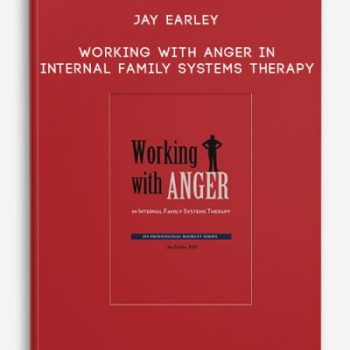

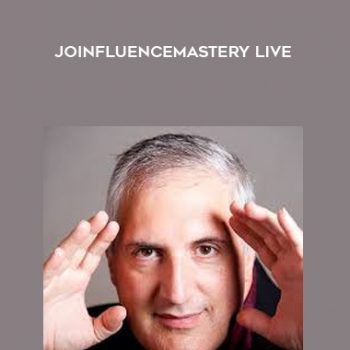

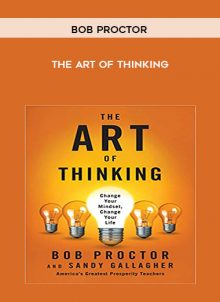

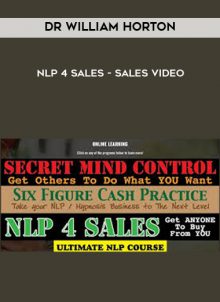

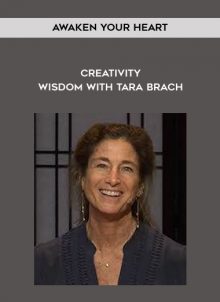

tristian –
This is Digital Download service, the course is available at Vincourse.com and Email download delivery.